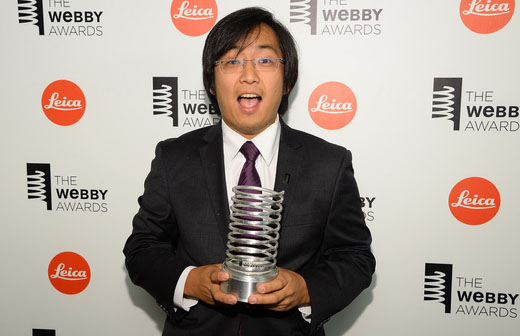For example,
Netscape framed "the web as platform" in terms of the old software paradigm:
their flagship product was the web browser, a desktop application, and their strategy was to use their dominance in the browser market to establish a market for high-priced server products.
Control over standards for displaying content and applications in the browser would, in theory, give Netscape the kind of market power enjoyed by Microsoft in the PC market.
Much like the "horseless carriage" framed the automobile as an extension of the familiar,
Netscape promoted a "webtop" to replace the desktop, and planned to populate that webtop with information updates
and applets pushed to the webtop by information providers who would purchase Netscape servers

Web 1.0 is a retronym referring to the first stage of the World Wide Web's evolution.
According to Cormode, G. and Krishnamurthy, B. (2008): "content creators were few in Web 1.0 with the vast majority of users simply acting as consumers of content."




